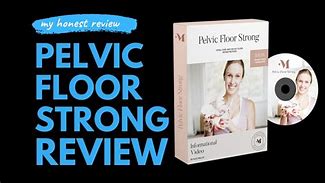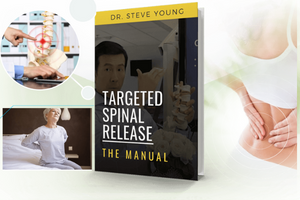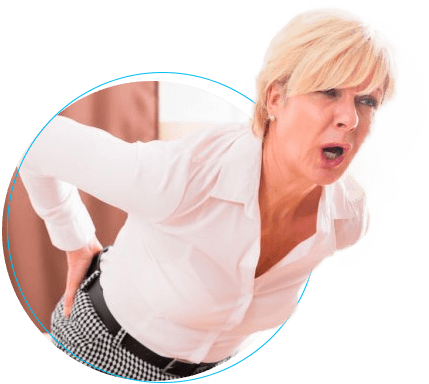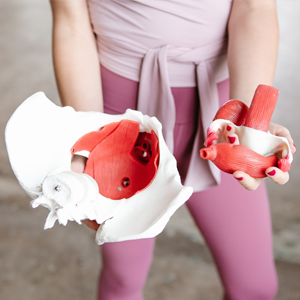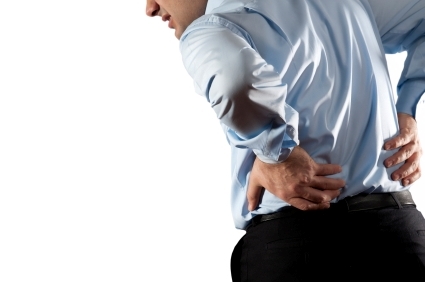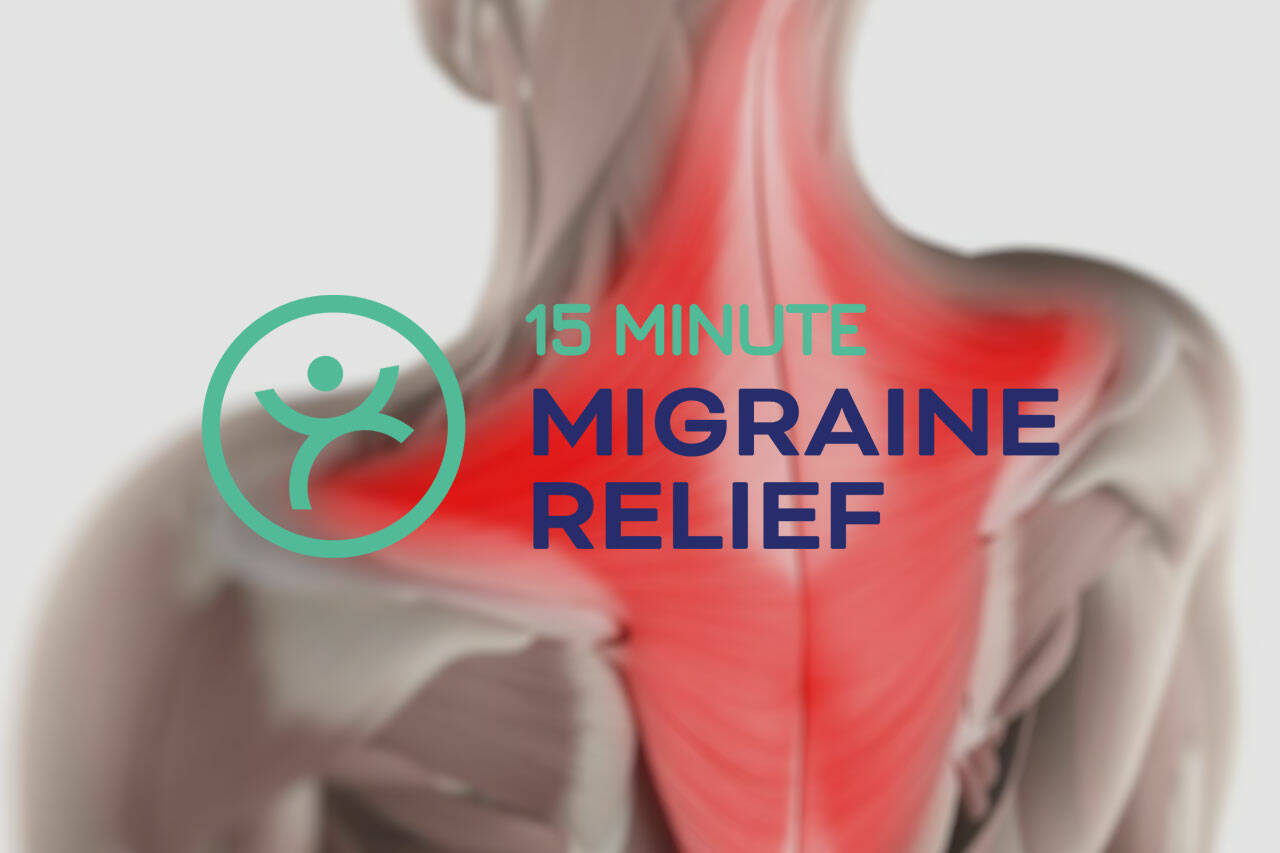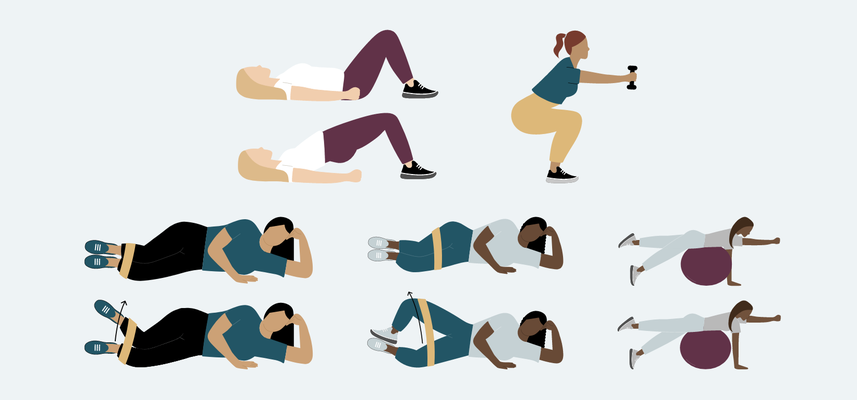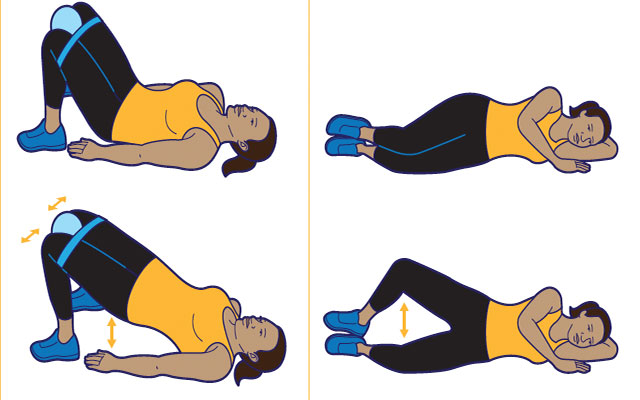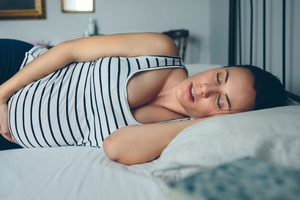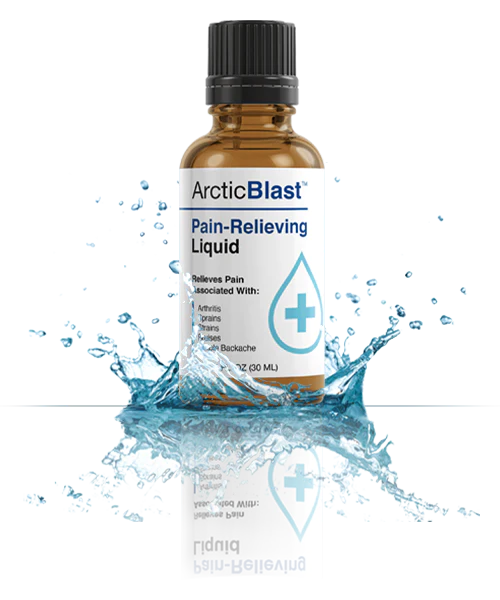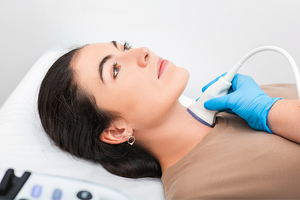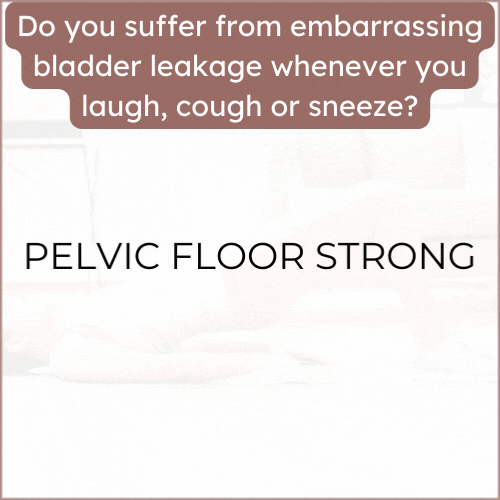Bladder Leakage At Women Over 45: Causes and Solutions
Causes:
- Menopause: Hormonal changes during menopause can weaken the pelvic floor muscles, leading to urinary incontinence, including stress incontinence and urge incontinence.
- Aging: Natural aging processes can result in decreased muscle tone, making it harder for the bladder to control urination.
- Obesity: Excess weight can put pressure on the bladder and pelvic muscles, increasing the likelihood of leakage.
- Childbirth: Vaginal childbirth can strain the pelvic floor muscles, potentially leading to incontinence.
Solutions:
- Pelvic Floor Exercises: Kegel exercises and other pelvic floor muscle training can strengthen these muscles, improving bladder control.
- Hormone Replacement Therapy: For postmenopausal women, hormone therapy can help alleviate symptoms of urinary incontinence caused by hormonal changes.
- Weight Management: Losing excess weight can relieve pressure on the bladder and reduce leakage risk.
- Bladder Training: Gradually extending the time between bathroom visits can help improve bladder control.
- Behavioral Modifications: Avoiding bladder irritants like caffeine and alcohol, and maintaining regular voiding schedules can be helpful.
- Medical Intervention: In some cases, medications or surgical procedures may be recommended, particularly for severe cases of incontinence.










